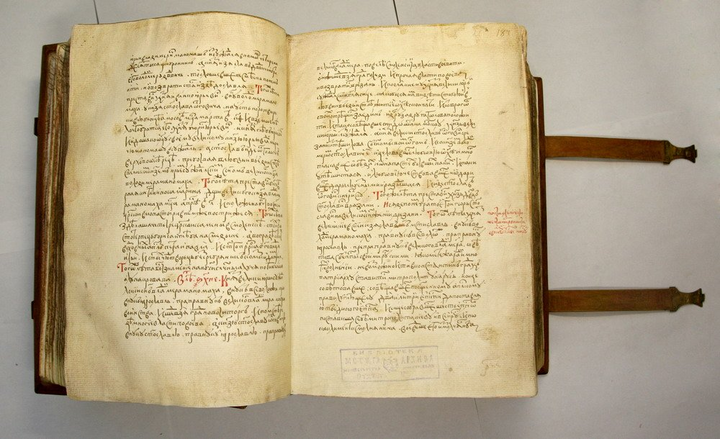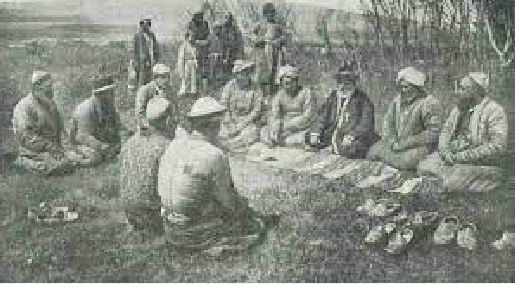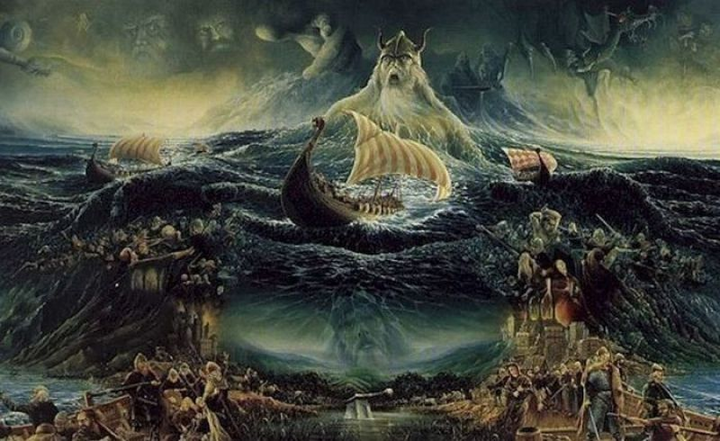June 12, 2015
The international scientific-practical conference and opening ceremony of the documentary exhibition "Polish diplomats in Kazakhstan (1941-1943)" within the international project of the Museum "Dialogue through culture" organized together with Embassy of the Republic of Poland in the Republic of Kazakhstan will take place at the Museum of the First President of Kazakhstan on June 15, 2015.
In 1997 speaking at a session of the Assembly of Peoples of Kazakhstan, the President of the Republic of Kazakhstan N. A. Nazarbayev said: "There is not a nation, not any people, which totalitarianism would not cause crushing and, unfortunately, in something irreparable harm". In this context, research the history of the deportation of people in Kazakhstan is relevance. In historical science poorly studied the problems associated with the deportation of Poles in our country, not fully aware the dimensions and consequences of deformation occurred social destiny ethnic group.
During the Second World War delegates of the Polish Embassy in the Soviet Union were founded on the territory of the Kazakh SSR. The need for the creation of delegates on this territory was caused by the decision to displacement the forming Polish divisions in Kazakhstan and Central Asia, and an increase of their numbers. Delegates became the first peculiar of Polish diplomatic missions in our country. The significance of their work actualized by a large number of Poles who appeared in the territory of Kazakhstan in summer and autumn of 1941 by virtue of different circumstances. The majority of them are deportees and migrants from the eastern regions of Poland, included in the USSR at the end of 1939.
9 delegates of Polish Embassy were formed in Kazakh SSR in 1941-1942. They were located in such cities as Alma-Ata, Akmolinsk, Aktyubinsk, Chimkent, Jambyl, Kustanay, Pavlodar, Petropavlovsk and Semipalatinsk.
Poles unjustly condemned during Stalin repressions from 1936 to 1956 (including the staff of diplomatic missions in Kazakhstan during the Second World War) were completely justified and rehabilitated after Kazakhstan gained its state sovereignty.
In 1992 Poland and Kazakhstan established diplomatic relations. Polish military cemeteries were opened in the south of Kazakhstan.
The international scientific-practical conference invited to discuss current issues of the study of historical destinies and activities of the Polish representative-delegatures during the Great Patriotic War on the territory of modern Kazakhstan.
In the conference and opening ceremony will attended foreign researchers — Hubert Chudzio, doctor of historical sciences of Pedagogical University named after the Commission of National Education in Krakow; Slawomir Kalbarchik, historian of Institute of National Remembrance of Warsaw; and domestic scientists Legky D. M., Stepanenko N. V., Gubaidullina M. Sh., Kulbaeva A. T., Isova L. T., Mamytova S. N., representatives of archival and museum communities.
The materials of this exhibition are result of scientific researches of the Centre of documentation of exiles, deportations and migrations of Pedagogical university in Cracow, Dmitry Legky — the doctor of historical sciences, professor of Kostanay state university named after A. Baitursynov and Nadezhda Stepanenko, Ph. D.
Visitors and guests can acquainted with history of formation of the Polish army divisions in the territory of Kazakhstan in 1941 and tragic destiny of Polish diplomats, on false charges undergone to arrests and repressions in 1942.
The unique documentary complex of this exhibition sheds light on many "blind-spots" of history of Kazakhstan and Poland and represents a great interest for historians and general public. The historical background and the main directions of work of diplomatic missions recreated on the basis of authentic documents from the archives of Kazakhstan, actually for the first time introduced into the scientific circulation.



